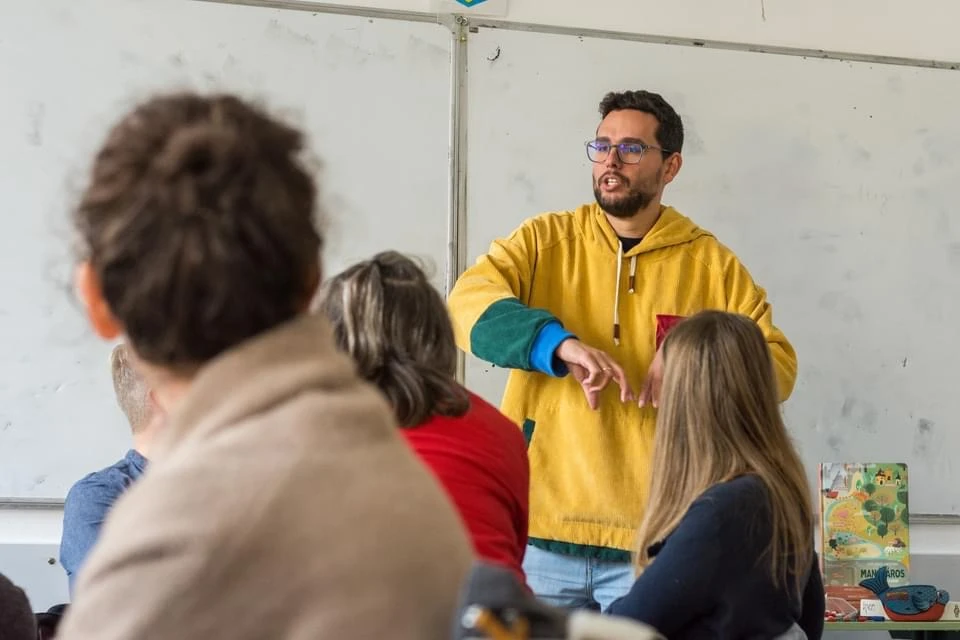At this age, kids are transitioning into a more complex cognitive phase. This enables them to handle more sophisticated games which require strategic thinking. However, they also still love imaginative and physically engaging games tailored for younger kids.
I've spent a lot of time thinking about what the ideal list would be, but I realized that I can't please everyone. In the end, I chose titles that might be familiar even to those who aren't very well-versed in the world of board games, so my message will be more understandable to them. Then, as one delves deeper, they will quickly find themselves exploring the latest titles.
Three critical skills that board games can help improve include:
Strategic thinking and decision-making
One of the most frequently cited benefits of board games is that they develop strategic thinking and decision-making. Strategic games require thinking several steps ahead, choosing from multiple possible decisions, and additionally, the outcome of our decisions can be known within a foreseeable timeframe.
Social skills
Although solo board games have become quite popular nowadays, fundamentally, this is a social activity. Obviously, there are differences among games, but simply sitting down together at the table develops social skills. If we choose games with a lot of interaction - in any form - then we can maximize the developmental impact.
Mathematical competencies
Perhaps this doesn't need much explanation. In this age group, more complex board games can be played, where not only counting points but also managing resources, calculating probabilities, analyzing scenarios, and comparing them are all entertaining and invisibly enhance mathematical competencies.

Now onto specific games for 10-year-olds
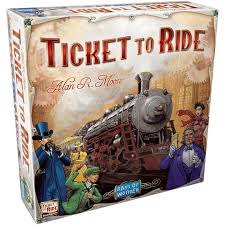
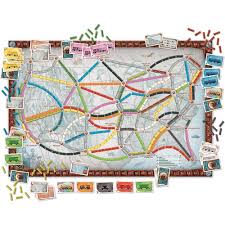
Ticket to Ride
Ticket to Ride is a true classic and an excellent introductory game, as its rules are not too complex, yet there is plenty to think about.
Players collect train cards to claim railway routes on the board, aiming to connect cities based on their destination tickets. Longer routes and completed tickets score more points, but incomplete routes result in penalties. The player with the most points at the end wins the game.
Tools
1 game board, 240 train car pieces, 110 train cards, 30 destination ticket cards, 5 scoring markers, and a rulebook.
Skills Developed
The game enhances strategic planning, decision-making, route optimization, and spatial reasoning, as players must carefully choose and connect railway routes while blocking opponents.
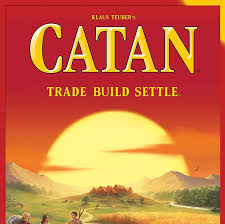
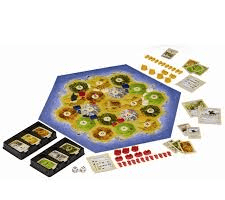
Catan
Catan ist ein spannendes Brettspiel, bei dem die Spieler durch Handel und Ressourcengewinnung Siedlungen errichten und ausbauen.
Die Spieler würfeln abwechselnd, um Rohstoffe zu produzieren, die sie zum Bau von Straßen, Siedlungen und Städten nutzen. Durch geschickten Handel und strategische Platzierung versuchen sie, als Erste 10 Siegpunkte zu erreichen und das Spiel zu gewinnen.
Tools
19 Landschaftsfelder, 6 Rahmenteile, 9 Hafenplättchen, 95 Rohstoffkarten, 25 Entwicklungskarten, 4 Baukostenübersichten, 2 Sonderkarten, 16 Städte, 20 Siedlungen, 60 Straßen, 2 Würfel, 1 Räuber und ein Regelheft.
Skills Developed
Das Spiel fördert strategisches Denken, Ressourcenmanagement, Verhandlungsgeschick und Entscheidungsfähigkeit, da die Spieler handeln, bauen und expandieren müssen.
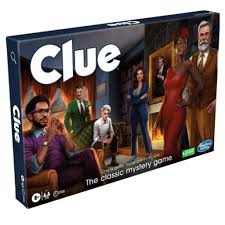
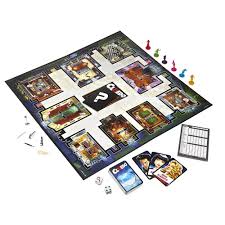
Clue
Classic murder mystery board game
Tools
1 game board, 6 character tokens, 6 weapon tokens, 9 room cards, 6 character cards, 6 weapon cards, 1 solution envelope, a detective notepad, 2 dice, and a rulebook.
Skills Developed
Logical reasoning, deduction skills, critical thinking, and memory
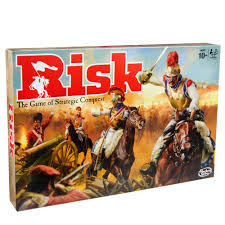
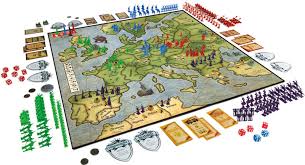
Risk
Risk is a board game of diplomacy, conflict, and conquest. It's a classic game of strategy where players' ultimate goal is to occupy every territory on the board and eliminate other players in the process, thereby establishing supremacy in the world.
Players take turns deploying armies, attacking opponents, and fortifying their territories to gain control of the world. Battles are resolved using dice rolls, and players must balance offense and defense. The last player standing or the first to complete their objective wins the game.
Tools
1 game board, 5 sets of army pieces (troops, cavalry, artillery), 56 Risk cards, 5 dice, and a rulebook.
Skills Developed
The game enhances strategic thinking, tactical decision-making, risk assessment, negotiation skills, and resource management, as players must carefully plan attacks and defenses while expanding their empires.
Related Reading
No spam, ever. Unsubscribe anytime.
Spread the Fun of Learning!
Love our content? Show your support by sharing our page with your friends and help us inspire more families and educators with the joy of learning through play! Your shares truly make a difference. Thank you for being a wonderful part of our community!

